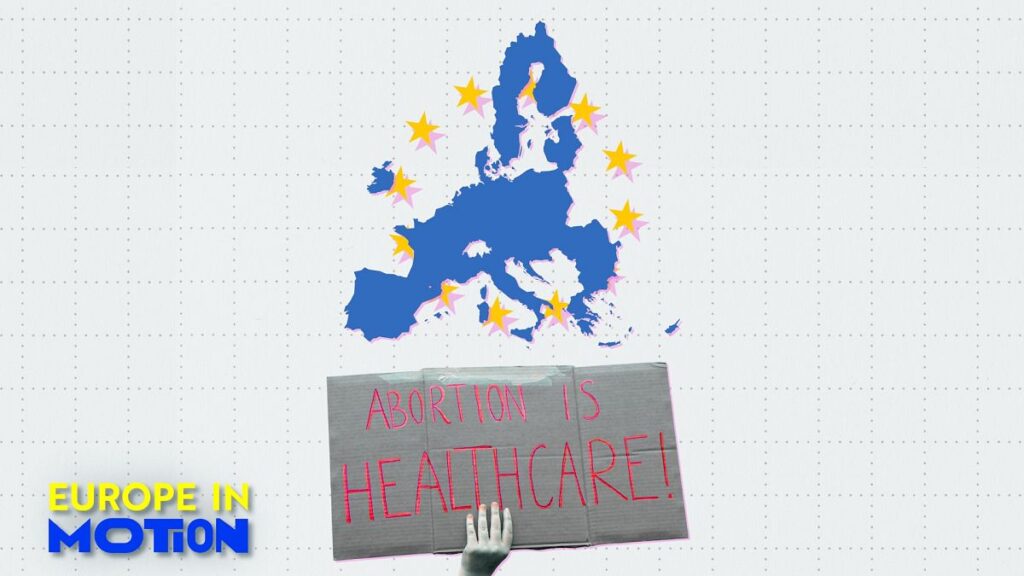Sweden (94.6%), France (85.2%), and the Netherlands (80.3%) rank best in the European Union for abortion rights, according to the European Abortion Policies Atlas 2025.
The scores awarded to these countries relate to their strong legal protections that fully decriminalise abortion, wide service availability, national health coverage, government-led online information and countering misinformation.
By contrast, Malta, at 3.7%, and Poland, at 18.6%, remain at the bottom of the ranking, with abortion largely criminalised with strict penalties, and access to clinical care restricted.
In general, northern and western European countries rank better in the Atlas.
However, experts in sexual and reproductive health and rights who developed the Atlas warned, “Women in rural areas will have different access than women in urban areas.”
Since the previous edition in 2021, 15 European countries have taken steps forward.
For example, France made abortion a constitutional right, while Luxembourg and the Netherlands removed mandatory waiting periods.
Meanwhile, Denmark extended limits to 18 weeks, and Lithuania legalised medical abortion.
Still, only Finland, France, and Ireland allow abortion care via telemedicine, while 13 member states fully cover abortion in their national health coverage.
Importantly, Denmark, Estonia, Luxembourg, the Netherlands, and Sweden are the only EU countries to have fully decriminalised abortion, despite this being recommended by the World Health Organization (WHO).
“I think it’s important to point out this idea of full decriminalisation is not some lefty feminist thing that’s coming out of nowhere. It is coming from the WHO,” said Neil Datta, the executive director at European Parliamentary Forum for Sexual and Reproductive Rights (EPF), during the launch event of the Atlas.
Negative trends include new restrictions in Italy, Malta, and Slovakia, such as increased harassment of abortion providers and the spread of state-led disinformation. These phenomena make it more difficult for individuals to access abortion services.
For instance, in 2024, Italy passed a law allowing pro-life groups access to abortion clinics.
Sweden and France are the only countries where the government and public authorities take action against abortion disinformation.
The research, produced by the EPF alongside national organisations and country experts, collected data in 49 countries and territories across Europe.
The data was analysed in four key criteria: legal status, access, clinical care and service delivery, and information.
This year’s Atlas also included sub-categories, such as telemedicine, the location where abortion is provided, and the level of legal protection.
Read the full article here
